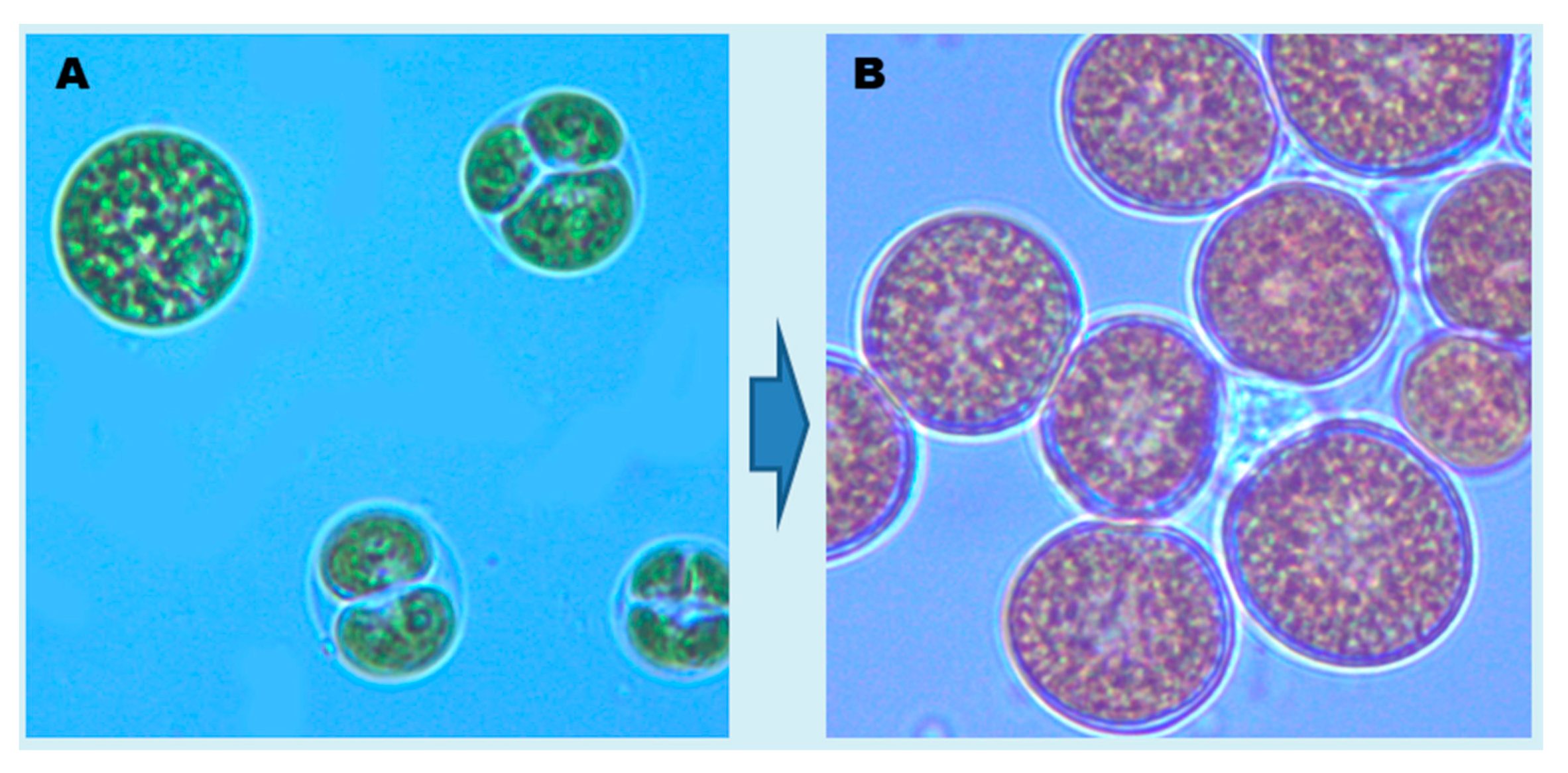Microalgal polar lipids
Microalgae are at the start of the food chain, and many are known producers of a significant amount of lipids with essential fatty acids. However, the bioactivity of microalgal lipids for anti-inflammatory and antithrombotic activities have rarely been investigated. Therefore, for a sustainable source of the above bioactive lipids, the present study was undertaken. The total lipids of microalga Chlorococcum sp., isolated from the Irish coast, were fractionated into neutral-, glyco-, and phospho-lipids, and were tested in vitro for their anti-inflammatory and antithrombotic activities. All tested lipid fractions showed strong anti-platelet-activating factor (PAF) and antithrombin activities in human platelets (half maximal inhibitory concentration (IC50) values ranging ~25–200 μg of lipid) with the highest activities in glyco- and phospho-lipid fractions. The structural analysis of the bioactive lipid fraction-2 revealed the presence of specific sulfoquinovosyl diacylglycerols (SQDG) bioactive molecules and the HexCer-t36:2 (t18:1/18:1 and 18:2/18:0) cerebrosides with a phytosphingosine (4-hydrosphinganine) base, while fraction-3 contained bioactive phosphatidylcholine (PC) and phosphatidylethanolamine (PE) molecules. These novel bioactive lipids of Chlorococcum sp. with putative health benefits may indicate that marine microalgae can be a sustainable alternative source for bioactive lipids production for food supplements and nutraceutical applications. However, further studies are required towards the commercial technology pathways development and biosafety analysis for the use of the microalga.
Microalgal bioactive lipids : their anti-inflammatory potential
Microalgae are rich sources of bioactive lipids such as omega-6 and -3 polyunsaturated fatty acids (PUFA) and polar lipids with associated anti-inflammatory activity. PUFAs are enzymatically and non-enzymatically catalyzed to oxylipins and have a significant role in anti and pro-resolving inflammatory responses. Therefore, a large and rapidly growing body of research has been conducted in vivo and in vitro, investigating the potential anti-inflammatory activities of microalgae lipids. This review sought to summarize and critically analyze recent evidence of the anti-inflammatory potential of microalgae lipids and their possible use to prevent or mitigate chronic inflammation.
Anti-inflammatory and antithrombotic properties of polar lipid extracts, rich in unsaturated fatty acids, from the Irish marine cyanobacterium Spirulina subsalsa
The characterization of cardio-protective lipid bioactives from cyanobacteria, such as Spirulina spp., has rarely been investigated. In this study, neutral lipids, glycolipids, and phospholipids of Irish marine cyanobacterium Spirulina subsalsa, were tested for anti-inflammatory and antithrombotic activities in vitro in human platelets. Glycolipids and phospholipids inhibited strongly platelet aggregation induced by platelet-activating factor (PAF) or thrombin, with IC50 (half maximal inhibitory concentration) values ranging ∼60–110 µg of polar lipids. The characterisation of the glycolipids revealed the presence of sulfoquinovosyl diacylglycerols (SQDG), monogalactosylodiglycerides (MGDG) and glycosphingolipids (cerebrosides and ceramides). Phospholipids contained mostly bioactive phosphatidylcholines (PC) and phosphatidylethanolamines (PE) molecules such as, diacyl-PC, diacyl-PE, alkyl-acyl PC, and alkyl-acyl-PE, as well as considerable amounts of phosphatidylglycerols (PG), phosphatidylinositols (PI), phosphatidylserines (PS), and phosphatidic acids (PA). The total presence of such lipid bioactives with cardio-protective properties makes marine Spirulina subsalsa a candidate as a sustainable source for health supplements with cardiovascular health benefits.
